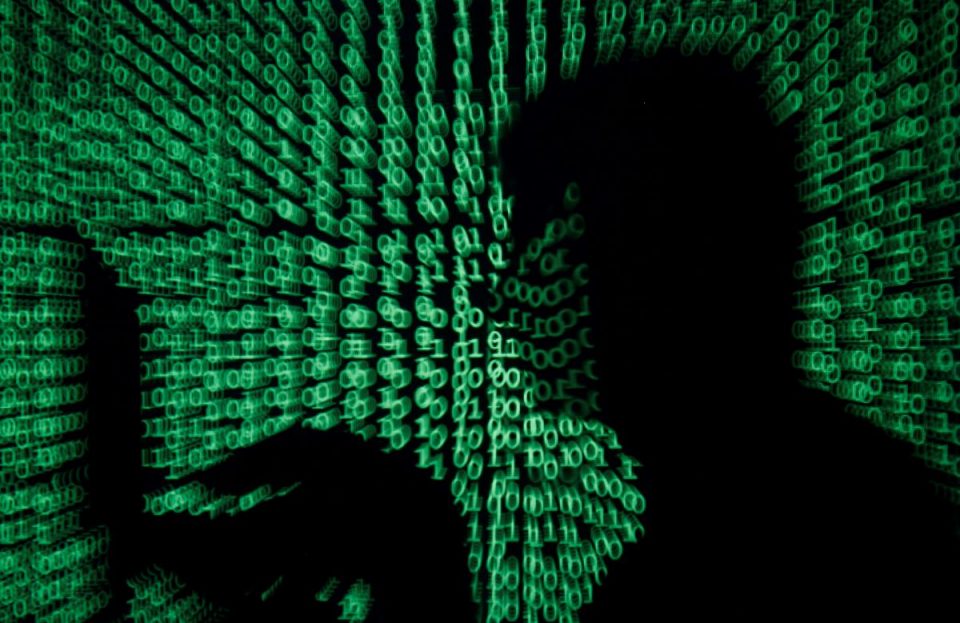KUALA LUMPUR, March 7 — The Malaysia Computer Emergency Response Team (MyCERT) has observed an increase in various cybersecurity attacks capitalising on the Covid-19 pandemic, focusing on phishing emails, websites, scam domains, malware and vulnerable sectors and infrastructures in the health sector, according to data gathered by Kaspersky Security Network.
Kaspersky said data showed that 2020 was a bed of roses for cybercriminals as the world entered working, learning from home, and the heavy reliance on internet connectivity.
In a statement today, Kaspersky general manager for Southeast Asia Yeo Siang Tiong said the ongoing effort by the Ministry of Communications and Multimedia after the launch of the National Cyber Security Awareness Module and Cyber Security Enhancement Project for small and medium enterprises (SMEs) and public remain a crucial puzzle to counter the ever-growing cyber threats in the country.
“One of our researches also showed that SMEs value cybersecurity investment with 36 per cent are more likely to cut advertising budgets than IT or cybersecurity, and thankfully, the latest threat statistics for Malaysia show these efforts by the government, the SMEs and the public are bearing fruits.
“These efforts must continue to see a more cyber-resilient Malaysia. We should not go easy with our cyber defence. We should not put our guards down now,” he said.
According to Kaspersky, KSN showed that the web threats spiked to 48 million in 2020 from 36 million in 2019 and continued to go up in 2021 to 61 million web threats before coming down to 37 million in 2022.
“While web threats were severely attacking Malaysian users in 2020, local threats experienced a downward trend in Malaysia, 54 million in 2020, 35 million in 2021 and 22 million in 2022.
“Local threats are where users are being attacked by malware spread through removable USB drives and other offline methods,” it added.
— Bernama





